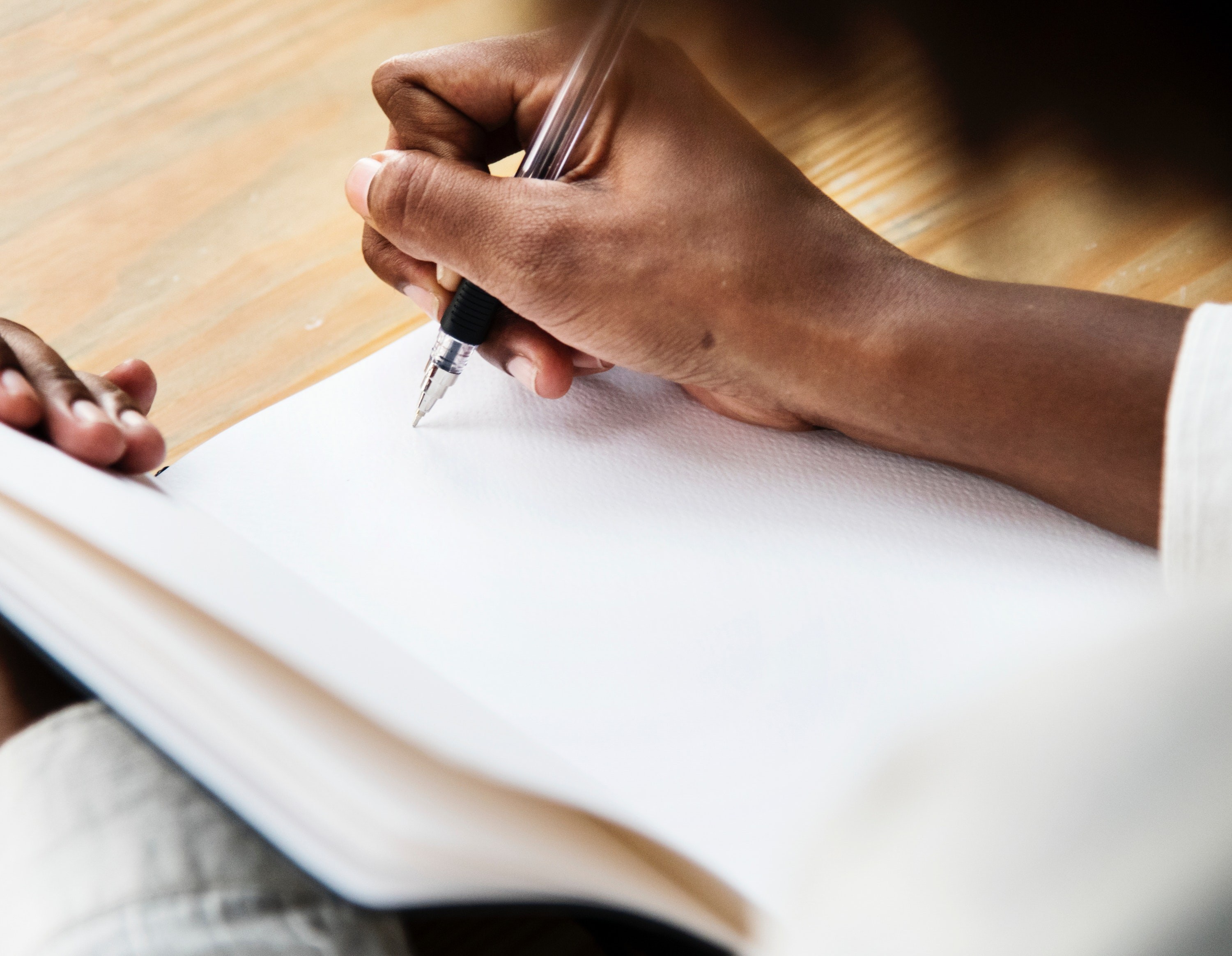
There are three essential things to consider when preparing a Will.
1. What Your Estate Consists of.
It is important that you think about what you own. It is a good idea to write a list of your assets, such as property, bank accounts, shares and cars. These will change but it is important that you are aware what your estate consists of at the time of making your will. We keep a record on our file if we are engaged to prepare a will.
2. Who You Want Your Estate to go to.
It is your choice who you leave your estate to but, if a relative believes they have been left with inadequate provision, they may decide to bring a claim against the estate. Not only can this result in legal fees being charged against the estate, but also a delay in distributing the estate as an executor must refrain from making any distributions to beneficiaries until the claim is finalised.
It is important to be aware that a will only applies to assets in the deceased’s own name. Assets held jointly automatically pass to the other person (unless held as tenants in common).
3. Who You Want to be Your Executors.
An executor is responsible for:
- Locating the original will
- Making sure appropriate funeral arrangements have been made
- Ascertaining the assets of the deceased
- Paying any tax liabilities that have accrued as at the time of death
- Obtaining a grant of probate, if required
- Informing beneficiaries of their entitlements
- Bringing in the assets of the deceased
- Attending to payment of the funeral and other estate expenses
- Paying all liabilities of the deceased
- Protecting and insuring any property owned by the deceased prior to its distribution
- Distributing specific gifts
- Transferring the residue of the estate to the residual beneficiaries
